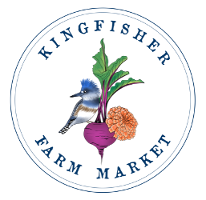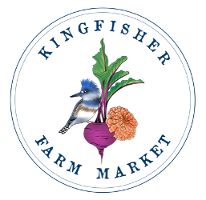0 Comments
2 tbsp argan oil (or other vegetable oil) 2 onions, minced 4 garlic cloves, minced 1 tsp grated ginger 1 cup (260 g) canned crushed tomatoes 2 vegetable stock cubes, crumbled 3/4 cup (195 g) peanut butter 3 African eggplants or 1 small Italian eggplant, peeled and chopped 1 sweet potato, peeled and chopped 1/2 green cabbage, chopped 3 carrots, peeled and diced 2 turnips, peeled and chopped 1 habanero chili pepper or small sweet pepper 12 okra, trimmed and chopped Chopped peanuts (optional) Salt Black pepper Heat the oil in a large pot over medium heat. Add the onion, garlic and ginger, and cook until the onion is translucent, 5 minutes. Stir in the tomatoes and stock cubes, then add 6 cups (1.5 L) water and simmer over low heat for 10 minutes. Add the peanut butter and stir until it is fully incorporated. Add the eggplants, sweet potato, cabbage, carrots, turnips and habanero. Stir carefully to avoid crushing the habanero. Reduce the heat to low, cover and cook until thickened, 1 hour. Add the okra, season with salt and pepper, and stir. Cook until the vegetables are soft, 30 minutes. I just chopped the stem of the okra off and then one time in half. Garnish with fresh cilantro. Adapted from recipe in Vegan African by Maria Kacouchia
These squash bars go fast. The recipe is from Simply in Season but we've added chocolate chips because...of course. It's a great afterschool snack or dessert to share with a crowd.
|
Seasonal eating fresh from the farmHere are some of our favourite recipes to help you eat in rhythm with the seasons. Search by Ingredient
All
|
|



 RSS Feed
RSS Feed
